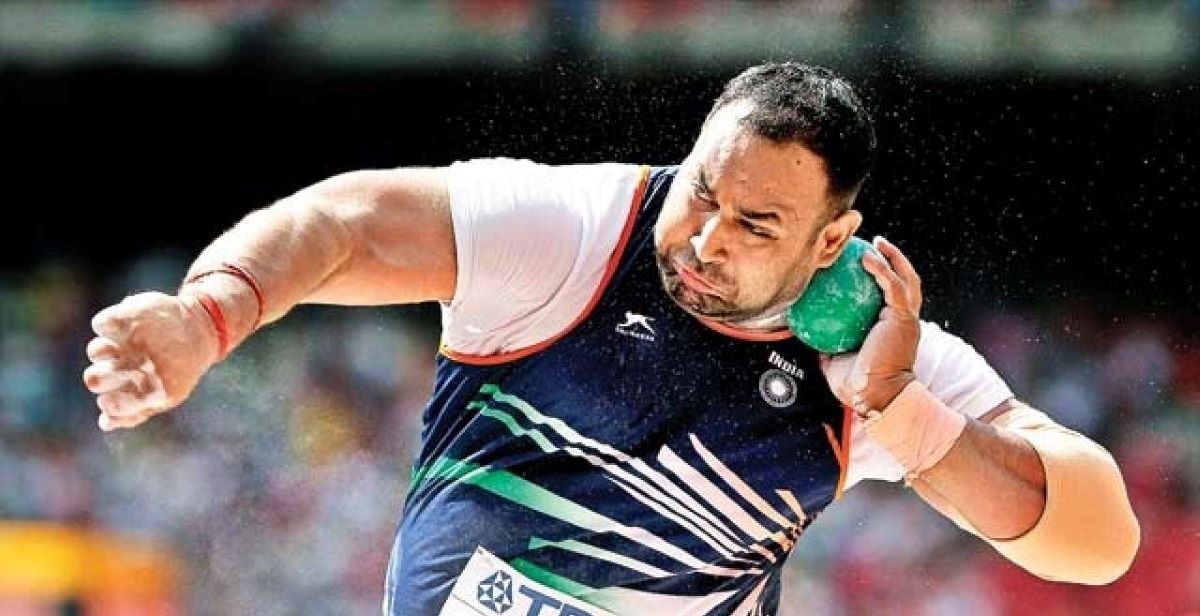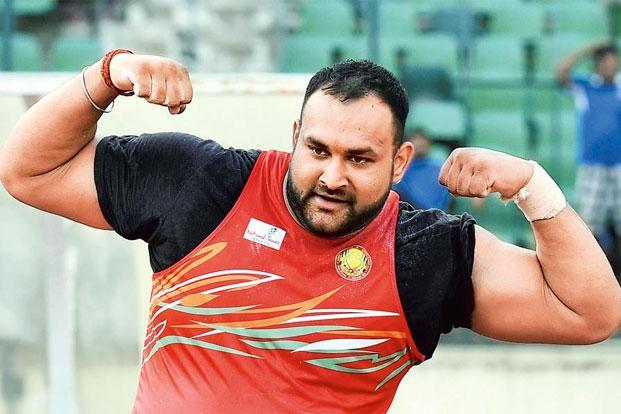Athletics
CAS overturns NADA's decision; suspends shot-putter Inderjeet Singh
Former Asian Games and World University Games gold-medallist Indian shot-putter Inderjeet Singh was suspended for four years by the Court of Arbitration for Sport (CAS).

Former Asian Games and World University Games gold-medallist Indian shot-putter Inderjeet Singh was suspended for four years after the Court of Arbitration for Sport (CAS) found him guilty for doping. The decision comes after the National Anti-Doping Association (NADA) Appeal Panel gave a clean chit to the athlete last year, following which the World Anti-Doping Association (WADA) appealed to the CAS against the decision.
In a statement, the Sole Arbitrator Markus Manninen mentioned that prohibited substances were present in two samples that were collected from Inderjeet in June 2016. “Based upon the careful evaluation of the evidence, the Sole Arbitrator is comfortably satisfied that the athlete has committed the ADRV in the form of presence of prohibited substances in his two samples collected on 22 and 29 June 2016,” the report read.
Inderjeet's suspension, however, will be reduced to less than two years as he has already served out two years, four months and 19 days of his suspension. He was earlier suspended from July 25, 2016 to December 14, 2018, when the NADA had found him not guilty.

Why was he cleared in December?
In December, the Anti-Doping Appeals Panel (ADAP) had pronounced that the integrity of the samples that had been collected by NADA from Inderjeet had been compromised. He had been tested positive for banned substances Androsterone and Eticholanalone, during an Out of Competition test on June 22, 2016, in Bhiwani and an In-Competition test that was held seven days later in Hyderabad.
The ADAP had found NADA's review process faulty as there was a "break in chain" in the sample custody. Inderjeet had given his urine samples at Bhiwani in instalments. If the sample is collected in samples, the separate retainer needs to be used, which was not done by the Doping Control Officer (DCO) then.
Also, the DCO broke the custody chain as he kept the samples in his refrigerator for almost 15 hours. This was an "unauthorized" procedure, and the ADAP argued that the samples could have been compromised.
During the test in Hyderabad, the DCO collected 150ml of the sample, which is standard, but the lab received just 120ml of the sample. As per the rules, if there is a departure from the standard, the test shall be considered void.
Inderjeet had, thus, been given a clean slate and was free to compete.
What does CAS have to say now?
The reports by the CAS earlier today rubbished all such claims. “...the Sole Arbitrator observes that the seals of the A and B samples of the first sample were intact when examined by the laboratory,” the report said.
“The athlete himself participated in the B sample opening and confirmed with his signature that the seal was intact. The athlete has not even tried to establish that the Berlinger kit in question was opened after the sealing and subsequently resealed,” it added.
What next?
Inderjeet's lawyer, Anish Dayal, speaking exclusively with The Bridge, stated his disappointment at the overturn of the decision. "We are definitely disappointed. There were discrepancies, in the results, which we challenged and which were accepted by two panels in India. The CAS has a different opinion and says those deviations could have been a mistake."
He added, "It is unfortunate as these issues were examined in details in India, and at the CAS level. It is difficult to take evidence to CAS as it is in Switzerland. The Arbitrator has taken a viewpoint and we will see what we can do about it. We haven't planned anything as yet but are examining the legal aspects. But we are disappointed that despite the deviations that were examined by two Indian panels, the CAS has taken a different step."
